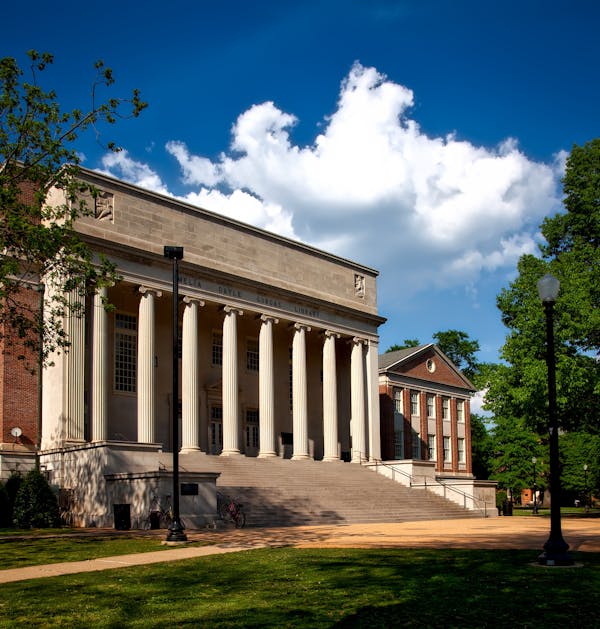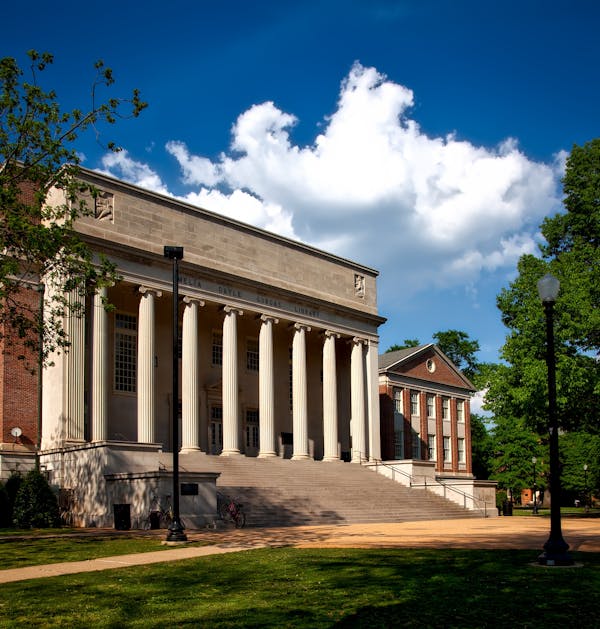

Charlie Eaton (Associate Professor of Sociology at the University of California-Merced) wrote an opinion piece for The New York Times discussing how many universities–fearing retribution or sanction–have attempted to appease the Trump administration (particularly by altering or removing DEI initiatives, expelling or suspending student activists, or placing entire departments under review). Eaton argues that “top universities must instead exercise the financial independence afforded by their endowments, which are commonly valued in the tens of billions. Their leaders should collectively declare they will not suppress lawful free speech, diversity programs or campus research to appease any president.” Eaton notes that universities often limit endowment spending to ensure future generations of students have comparable resources, but argues that “in this climate, intergenerational equity is little more than a fallacy. If those universities fail to defend free speech and scientific research now, future generations could lose their treasures to creeping authoritarianism.”


Stephen de Weger (Lecturer in the Center for Justice at Queensland University of Technology in Brisbane, Australia) recently gave a webinar sponsored by the Archdioceses of St. Paul and Minneapolis on the topic of clergy sexual misconduct with adults. “Since 2002, all bishops in the United States have known exactly how to address an allegation if a cleric sexually abuses a child. It’s black and white,” de Weger said. “But the manner in which allegations of sexual misconduct of adults are handled looks nothing like those clear procedures. Bishops everywhere find themselves vexed — and frequently — about exactly how they should handle allegations of clergy sexual misconduct involving adults, and generally they just want to push them aside.” This story was covered by OSV News.


Los Angeles Sentinel ran a feature on Karida L. Brown’s (Professor of Sociology at Emory College) forthcoming book, The Battle for the Black Mind. The book examines the historical struggle to control the education of African Americans in the United States, questioning: What is a ‘colored’ school? “This book looks at a system that attempted to oppress and subjugate Black minds that were designed not for us, not by us, and not about us,” Brown explains. “But the part I love the most is [that] I interrogate that, despite all this, what did Black teachers and parents do? What did Black youth do to organize, dream, and imagine futures where they could see themselves? How did they use education as a vehicle for economic and social mobility? This book is a history, a road map, and a call to action because our education system is again under attack.”


Cristobal Young (Associate Professor of Sociology at Cornell University) and Erin Cumberworth (Sociology Researcher at Cornell University) recently published a new book, Multiverse Analysis: Computational Methods for Robust Results, that explores how multiverse analyses can lead to more robust empirical research. “ In physics, the multiverse refers to parallel universes – alternate realities where things unfold differently,” Young explained. “Research is a garden of forking paths: Every study involves dozens of decisions, such as how to define variables, which controls to use, what statistical model to run. Statistical theory provides only rough guidance, and reasonable researchers could make different choices.” Young describes how studies that describe one, polished analysis create a gap in information between researchers and readers. “Our goal is to use computational power to inform the reader, not just the analyst,” Young said, emphasizing that multiverse analysis can help readers understand how researcher choices impact results. This story was covered by the Cornell Chronicle.

Comments